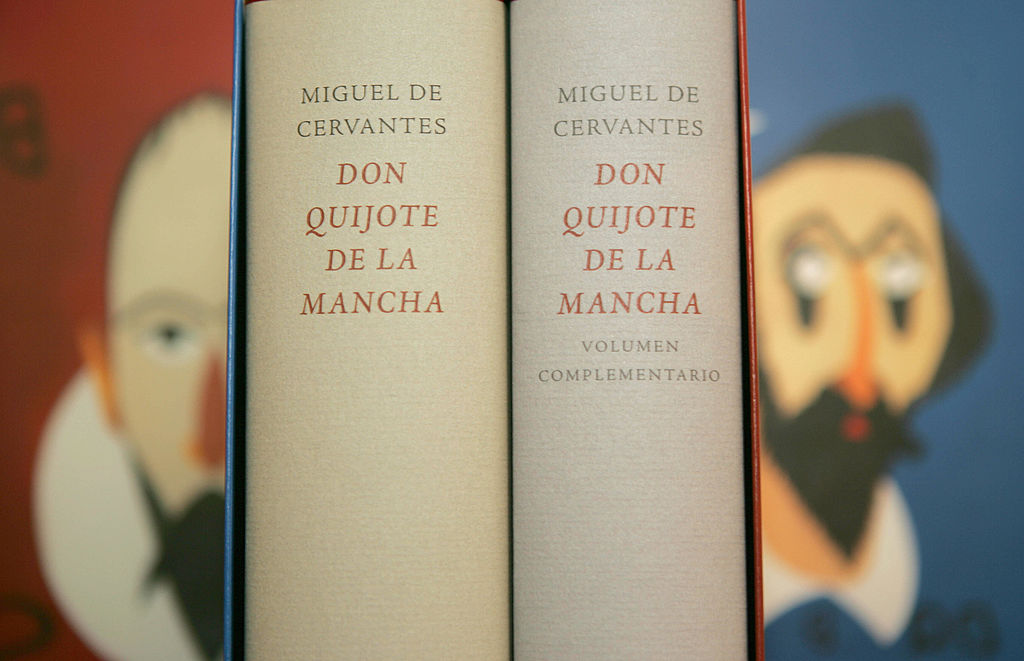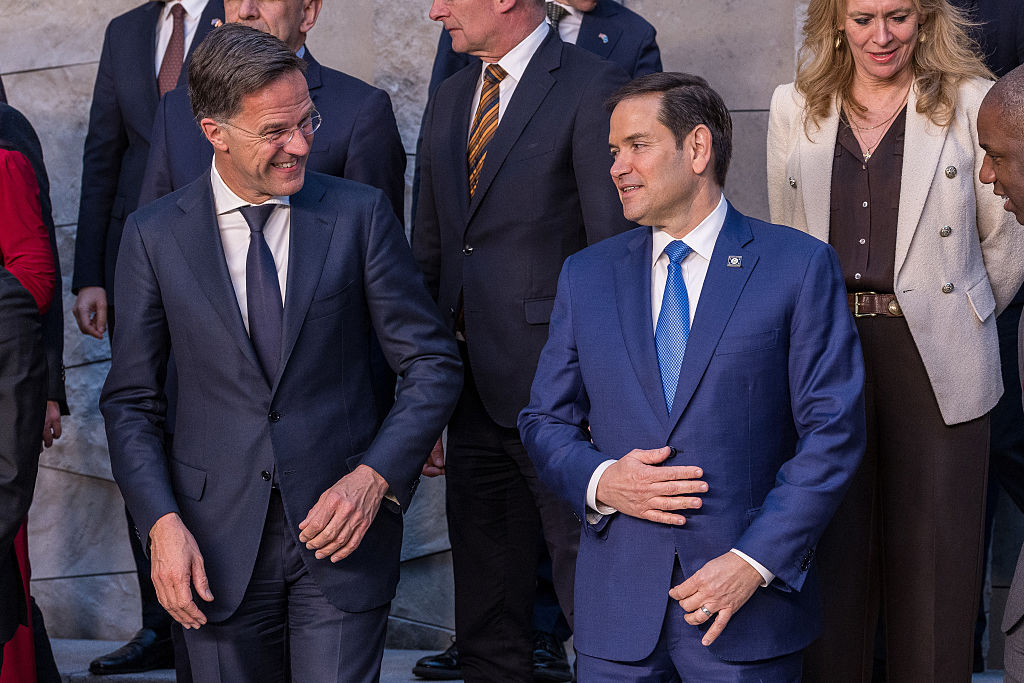Laramie, Wyoming
Little is said in these drab days for American letters about ‘following contemporary fiction’. Few people, whether readers, critics or writers follow new fiction any longer. Contemporary fiction is not, by and large, worth following, though a small minority of contemporary critics continue doggedly to follow it. I myself, who have spent 45 years as a magazine editor, book critic and novelist, gave up a good while ago on anything like a comprehensive attempt to keep up with the latest novels. I rely on hearsay and recommendations from discriminating literary people who hold their ear to the wind for that small infrequent whisper suggesting that somewhere, somehow a novel of interest and real literary value has miraculously appeared, seemingly from nowhere.
One such optimistic and indefatigable soul is Joseph Bottum, a scholar and poet living in South Dakota who recently brought out a slim book, The Decline of the Novel, that attempts to explain the present novelistic wasteland. Mr Bottum argues that the original encompassing purpose of the novel was to restore the perception of an enchanted world: ‘to knit back together the interior and exterior realities that the modern age had split apart’. This split, he proposes, result from the West’s loss of a ‘sense of supernatural density’, and the transferal of metaphysical significance to the individual self, progressively recognized as the central reference point of all experience and of the universe itself. Since, as Bottum amply demonstrates, the novel began three centuries ago as a Protestant literary form whose chief preoccupation was the relationship between the individual and a purposeful society, the shift from the exterior to the interior perspective inevitably altered it in fundamental ways by changing novelists themselves and the audience for whom they wrote. Joseph Conrad said he meant his novels to ‘render all possible honor to the visible universe’. Less than a century later, Flannery O’Connor held that the proper concern of the novelist is the highest ones. Conrad’s aim as a novelist is, of course, entirely outmoded today. O’Connor’s is less so, but only because the contemporary novelist’s ‘highest concern’ is his own self, frequently expressed in terms of his (or, perhaps especially, her) social ‘identity’: female, black, brown, gay, transgender — und so weiter.
Until quite recently, his other major consideration was his technical expertise as a stylist; a preoccupation that traces from Flaubert and has apparently reached its end with Cormac McCarthy and lesser writers like John Updike, Norman Mailer, Alice Munro and assorted others Bottum calls the ‘angelic’ writers: ‘[The] prose gets finer and finer, and the point gets smaller and smaller.’ Indeed, it is fair to say that the subject of the typical modern novel is something of no real substance or importance of all.
G.K. Chesterton supports Bottum’s argument about the thickness of the modern self:
‘The strangeness of things, which is the light in all poetry, and indeed in all art, is really connected with their otherness, or what is called their objectivity. What is subjective must be stale; it is exactly what is objective that is in this imaginative manner strange. In this the great contemplative is the complete contrary of that false contemplative, the mystic who looks only into his own soul, the selfish artist who shrinks from the world and looks only into his own mind.’
Viewed thus, selfish writers — many of them narcissists obsessed by a self-love that, as with Philip Roth’s Portnoy, expresses itself through compulsive masturbation — seem to be the majority these days. A great, even a good, novel has somehow the whole world in it, or even worlds; by comparison, Walt Whitman really contained only a handful of dust with a few fleas and microbes struggling in it. One thinks of Cervantes’s Don Quixote, Fielding’s Tom Jones, Austen’s Pride and Prejudice, Stendhal’s Rouge et Noir and Tolstoy’s War and Peace; of Melville’s Moby-Dick, Twain’s Huckleberry Finn, Hemingway’s The Sun Also Rises; of Faulkner’s Absalom, Absalom! Of these, among the most easily recognizable and celebrated titles in the history of western literature, not one exhibits a trace of the solipsism, self-referentiality, self-identity and the narrow, intolerant and vicious puppy ideology that are among the more disgusting features of the novel in the 21st century. Instead their concern is with the natural world and the creatures that inhabit it; with human society at every level and including every type of human personality; with history, war and peace; with ennobling adventure and thrilling experience; with high passions and great loves; with good versus evil; with life and death; ultimately, with the relationship between mankind and the Divine. The novel, though the most recent of literary art forms, is in no way inferior to its predecessors; at its best it is as powerful and comprehensive as epic poetry and the greatest drama — the plays of Aeschylus, Euripides and Shakespeare. Yet, despite the magnitude of their themes and the genius of their creators, they are entirely free of affectation, cant and pretension, the greatest sins of which art is capable; though all of them have in common a strong strain of the healthy vulgarity that is essential to great literature. The proper subject of man is man, and the mass of men is by definition inherently and incurably vulgar.
For Bottum, the decline of the novel is chiefly the result of social, cultural, and historical developments and the influence they have exerted on modern people. His explanation, I think, is generally accurate, though the main point, it may be, has him. It is the emergence of a new kind of author, and consequently of a new kind of reader, over the past three decades or so. Contemporary writers, like their audiences, ordinarily come from the middle and upper-middle classes (since the passing of Louis Auchincloss and Gore Vidal, the upper class is scarcely represented in the business of writing or reading novels); raised in cities or the featureless, indistinguishable, and repetitive suburbs; trained at the high-pressured but culturally and intellectually homogenized universities savagely dominated by a respectable Long Island radicalism; and lacking experience of, or interest in, anything beyond the familiar and approved, save to express their scorn for it. The minds of modern intellectuals and artists are never emotionally and intellectually robust, ruddy, vigorous and adventurous. They are, instead, weak, pale, pasty and unadventurous: the minds of people self-confined to the great indoors and to intellectual abstraction. Thus the types of people who populate a novel by Hemingway (hunters, fishermen, loggers, bullfighters) or Sherwood Anderson (gray, small-town Midwesterners undeveloped intellectually and twisted by neuroses) are wholly alien to them; while the characters in Faulkner or O’Connor are simply Trump supporters born ahead of their time. But no one can write a great or even a good novel while holding his nose; nor can he acquire the variety and breadth of experience a real novelist needs by blinkering his eyes and inserting his earbuds in the hope of picking up a radio broadcast hosted by another terminally alienated, angry and bitter progressive before he leaves the house every morning.
This article was originally published in The Spectator’s January 2021 US edition.




















